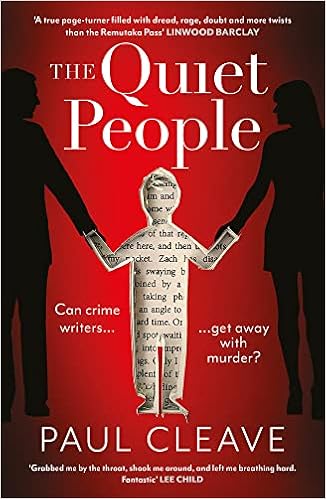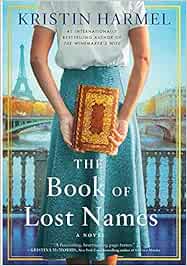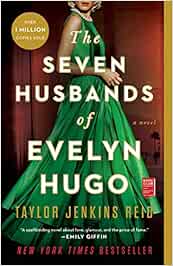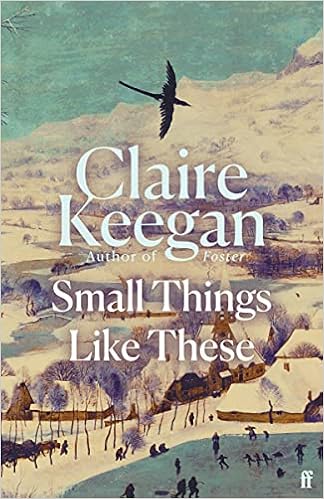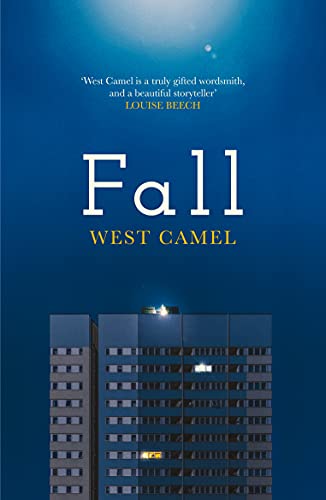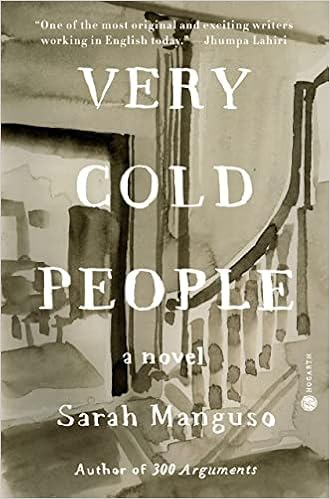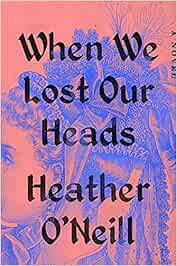4 Stars
This is the first book I’ve read by this author; it will definitely not be my last.
Cameron and Lisa Murdoch are successful writers of crime fiction living in Christchurch, New Zealand. One morning, after threatening to run away, their 7-year-old son Zach goes missing. The police soon determine that Zach’s disappearance may actually have been an abduction. In the past, Cameron and Lisa have joked that, because of their careers, they would probably be able to get away with murder. That boastfulness is used against them. Because Zach is a challenging and demanding child prone to tantrums, did his parents kill their son who is both a financial and emotional burden? As the police turn their attentions to them, the couple also find themselves hounded by media. The community quickly turns against them, especially when Dallas Lockwood, a man with a personal vendetta, uses social media to circulate misinformation and incite hysteria. Will the Murdochs be able to prove their innocence? Will Zach be found alive?
There are two alternating points of view. One is that of Cameron; his sections are narrated in first person. The second perspective, in third person, is that of Rebecca Kent, the detective in charge of the investigation. This narrative technique allows the reader to understand the motivations of both Cameron and the police.
The characterization of Cameron is certainly a strong element. I often did not agree with his choices but my heart broke for him as he made those choices. Because of his quick temper, he is a man prone to volatile reactions. He has some very public meltdowns and those do not serve him well. I couldn’t help but notice the similarities between him and Zach who also easily loses control of his emotions and behaviour. Cameron has regular exchanges with Mr. What If, whom Cameron describes as “the voice of my imagination who comes out to play when I’m working.” Unfortunately, when Cameron lets Mr. What If have the upper hand when he makes decisions, chaos usually follows.
Cameron undergoes a sudden change after which he reacts extremely. This metamorphosis may seem unrealistic, but if one considers the extreme situation he faces, it is not possible to just dismiss Cameron’s behaviour as unbelievable. He is afraid about what has happened to Zach; he is angry at the police and others who seem to be focusing on him rather than looking for his son; and he feels guilty because he dismissed Zach’s threat to run away. He starts to feel totally isolated because everyone seems to be turning away from him; even his wife pulls away from him. Obviously, one of the themes is an examination of what a person is capable of doing when placed under unimaginable pressure.
The novel also explores how people jump to conclusions, how easily public opinion can be swayed, and how mob mentality takes over. Lockwood, for example, is able to turn the community into a frenzied mob just by making sly innuendos. Though there is no solid evidence, public opinion quickly turns against the Murdochs; “’the media and the public think for a crime writer to write dark and twisted material, you must be dark and twisted.’” The police also make assumptions which cause them to make mistakes in the investigation. I disliked the portrayal of the police as inept but the ending does explain how they are manipulated to follow red herrings.
Anyone who enjoys action-packed thrillers should read this book. The suspense begins in the prologue and there’s no abatement. Astute readers who stop to question statements or behaviour will pick up clues, but it’s so difficult to slow down on the twisty roller coaster ride that is this book.
